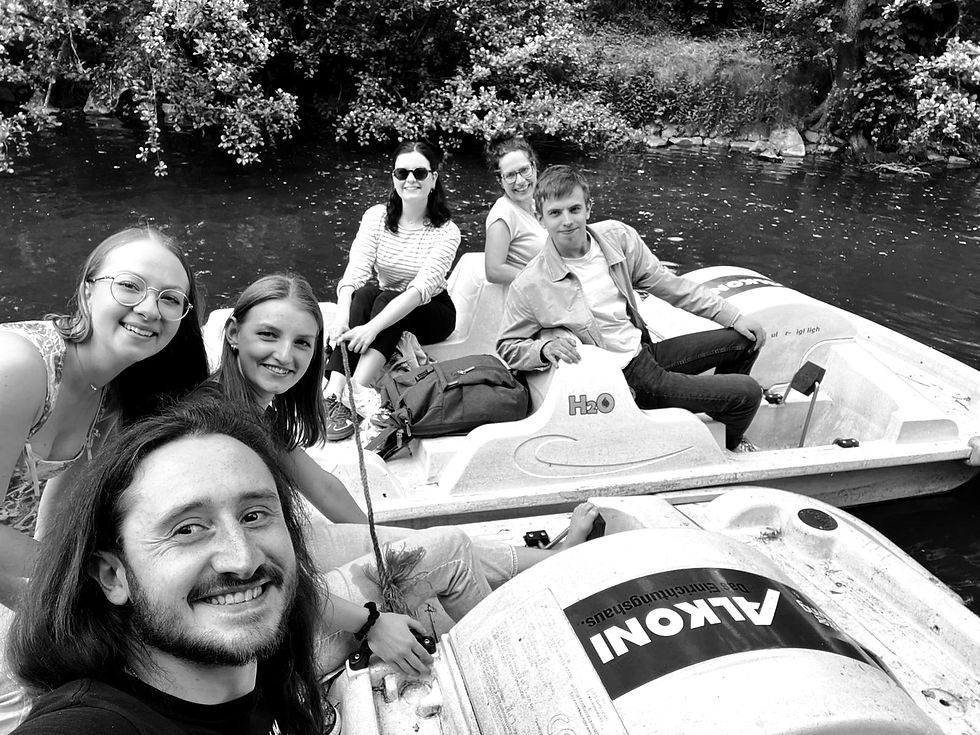Scoring external funding for our research
- hannahnorawolf
- 29. Juli 2022
- 2 Min. Lesezeit
One important rule that also applies for academic research says “money doesn't grow on trees”. Therefore, it is very important to write grants to get money for experiments which leads to data for new grants to get more money for new experiments… I think, you get the gist. As I learned recently in a workshop, grant writing itself is an art you initially have to learn as a researcher. The tricky part is to clearly and at the same time interestingly convey your project plan to the reviewers and persuade them into giving you money.
That’s also what we did in the beginning of this year. With our project about the complement system of the retinal pigment epithelium (RPE) we applied for funding from the Pro Retina foundation. And finally, in June we got the positive response that our application was accepted! Yippee!
PRO RETINA Deutschland e. V. was originally founded in 1977 and aims to inform, advise and connect patients affected with retinal degenerations. The foundation further strives to inform the publicity about retinal degenerations and represents visually impaired people in Germany. Another important part is their support for research to help understand and treat the conditions. After 45 years the Pro Retina rose to a foundation with around 6.500 members in over 60 regional groups all over Germany and was able to form a wide research network in ophthalmology.
With our project we now join this network and help to elucidate the pathomechanisms of age-related macular degeneration (AMD). We are concentrating on the cell-specific complement system and its role in the RPE’s epithelial-mesenchymal transition (EMT). Our special focus lies on the complement protein C3, its cleavage products and receptors as well as its influence on EMT. The project is led by me to finish what I started with my master thesis and Stella who joined to do her MD thesis. Our goal is to better understand the RPE-specific complement system and find new approaches for complement therapy in AMD.
Happy grant writing!
Juliane



Kommentare